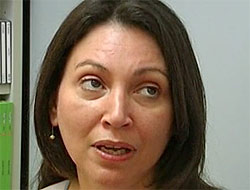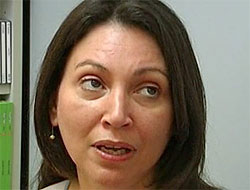TIP:
Note in the video that Tanya says Her name's Katerina and we knew each other at ...Tanya meant to say: we met each other at ...
The verb meet is an action.
We met three years ago.
The verb know is a state verb.
I know her. I have known her for three years.




